At the opening of the exhibition "Education in Russia - 2026/27" in Bishkek, the Deputy...
At the youth forum "Kыялымыдагы Кыргызстан" ("The Kyrgyzstan of My Dreams"),...
According to the statement by Alexey Poida, the first secretary of the Russian Embassy in...
At the opening of the School Directors Forum, Alexey Poida, the First Secretary of the Russian...
In 2024, 1,020 titles of books will be published in Kyrgyzstan, with a total circulation of 1,617...

Over the past 15 years, the system of general secondary education has functioned quite steadily,...

Education. By the time Soviet power was established in Kyrgyzstan, its population was completely...
Adylbek Kasymaliev addressed the youth of the country with congratulations on the occasion of Youth...
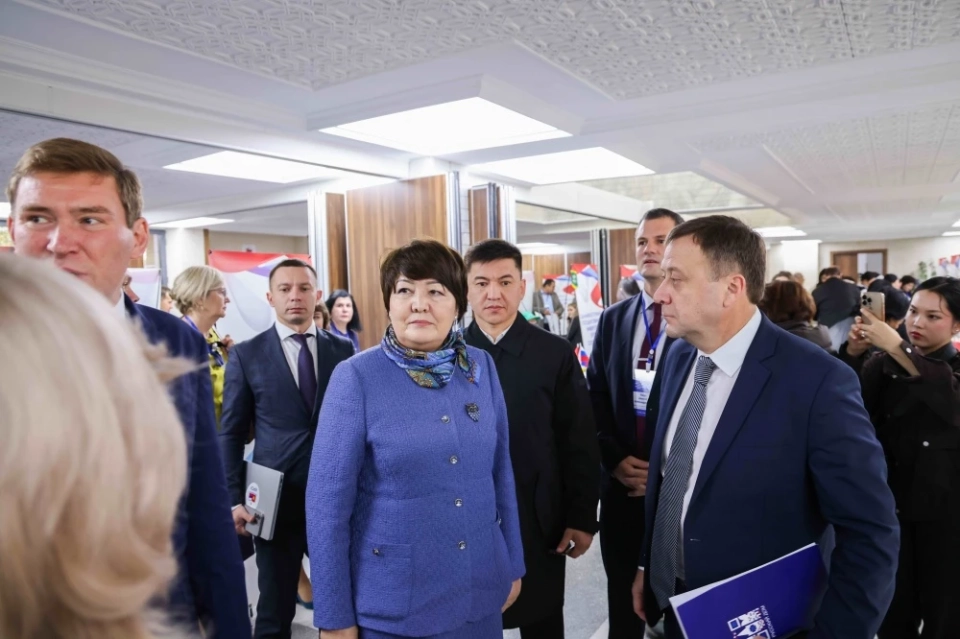
In Bishkek, the III Forum of School Leaders of the Kyrgyz Republic took place, serving as an...
Teachers in Kyrgyzstan will now be required to update their knowledge and skills more frequently....
In the Kadamjay district, in the city of Aydarken, Ali Murzakmatov, a renowned chemistry and...

At the beginning of the 2004/05 academic year, the number of teaching staff in secondary...
At the national youth forum "Kyyalymdagy Kyrgyzstan" in Bishkek, President Sadyr Japarov...
During the opening of the Forum of School Directors of Kyrgyzstan, the Minister of Education,...
In 2025, Kyrgyzstan will be represented at the Web Summit, one of the most significant technology...
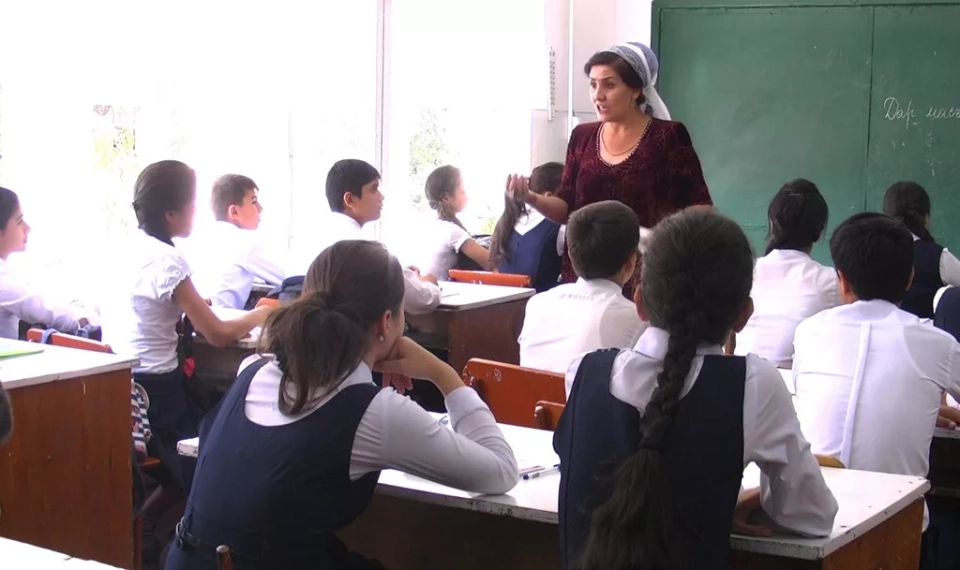
In accordance with the changes, teachers will be completely exempt from military service during...

On October 9, 2014, at 15:00, a presentation of the textbook "Kyrgyz for Beginners" will...
In the autumn of 2025, Kyrgyzstan will host student volunteers who are winners and finalists of the...
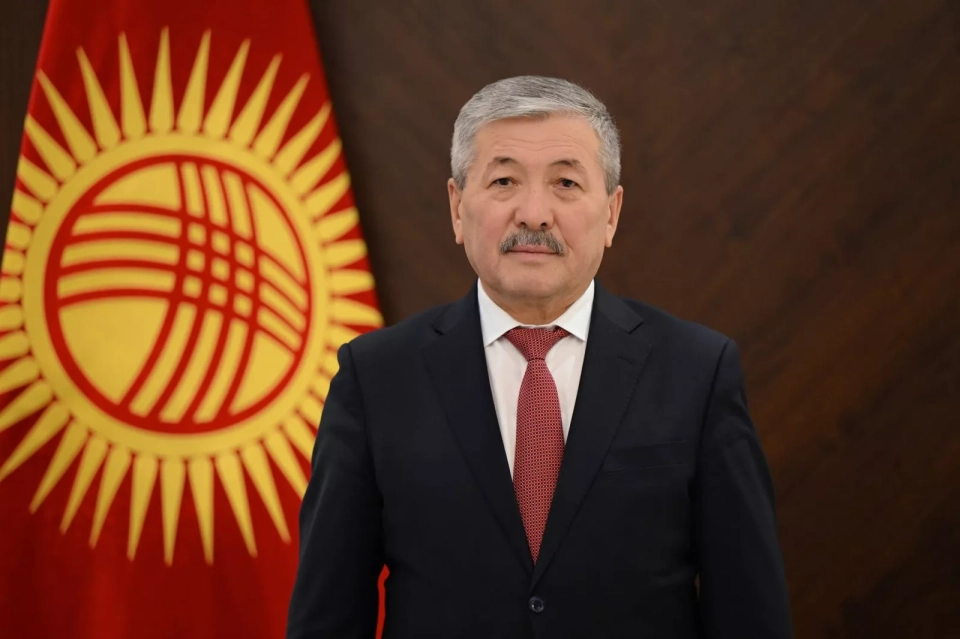
In his speech, Kasymaliev emphasized the importance of youth for Kyrgyzstan: “Dear young...

From April 17 to 19, 2015, the II Exhibition-Fair of Educational Organizations of the Russian...

By September 1, 23 schools will be completed in Kyrgyzstan, as reported by the Minister of...

Before the revolution, there were 107 Russian schools in Kyrgyzstan, where, in addition to Russian...
According to the Rule of Law Index for 2025, Kyrgyzstan scored 0.45 points and ranked 104th among...

In the photo: Second graders of the "Olymp" primary school in Osh during a Russian...

35 schools in Kyrgyzstan located in hard-to-reach mountainous areas are awaiting the OneWeb social...

The number of higher educational institutions in the republic has increased more than fourfold...
- According to the agency's information, from January to August of this year, Kyrgyzstan...

Today, the issues of accessibility and quality of education are at the heart of educational...

Technical Schools of Osh The city is home to a number of specialized secondary educational...
- During the C5+1 summit in Washington, Tilek Alimdzhanov, Chairman of the Board of OJSC "Aiyl...
At the opening of the Forum of School Directors, which includes representatives from Kyrgyzstan and...
At a meeting with the Deputy Ombudsman of Kyrgyzstan, Aichurok Nazaralieva, in Moscow, students...
- From January to August 2025, the volume of beer exports from Kyrgyzstan to China increased by...
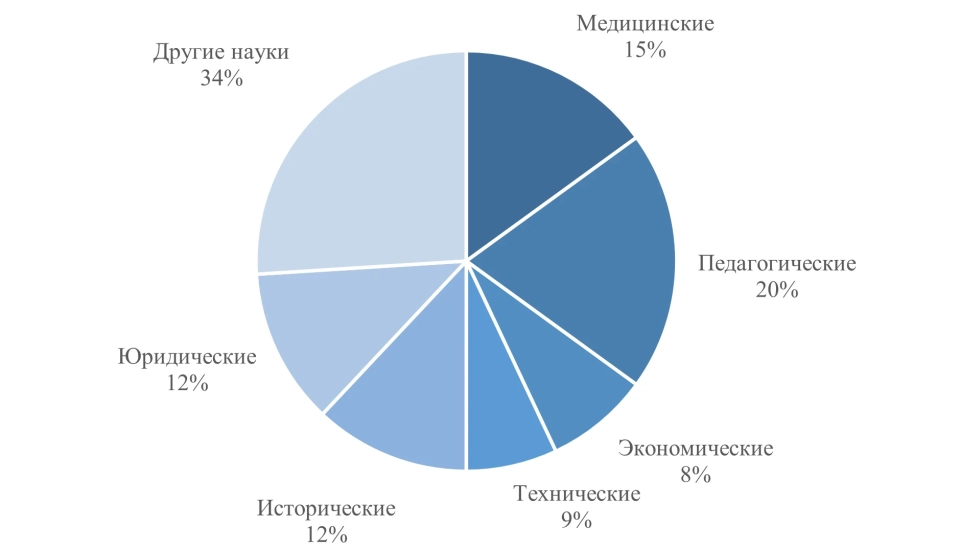
Today, Kyrgyzstan celebrates Science Day, which is held annually in November, according to a...
On October 24, 2025, Aktilek Musaeva, the Ambassador of the Kyrgyz Republic to China, participated...
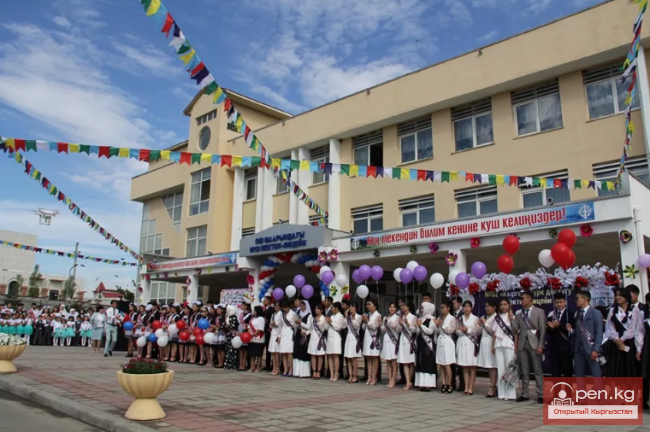
Primary Education in the City of Osh The city of Osh is not only a hub of industry but also a...
In the village of Mangyt, located in the Aravan district of the Osh region, the major renovation of...
In response to the request[b] 24.kg[/b], the administration of the Karalaev School...
Igor Golubev, Deputy Head of the Association of International Freight Transport, proposed a new...

Chinghiz Aitmatov, writer and public figure. By the decree of February 4, 1997, for his...

Eight foreign interns will conduct human rights training for students and schoolchildren in...

Heads of educational institutions agreed on the implementation of a dual diploma project under the...

A new educational and methodological center for Russian-speaking teachers will soon open in the...
Over the next 25 years, 174 new schools are planned to be built in Bishkek, which is related to the...
As part of the general plan for the development of the capital until 2050, improvements in the...

Kyrgyz citizens are once again complaining about problems in the education system. Rising tuition...